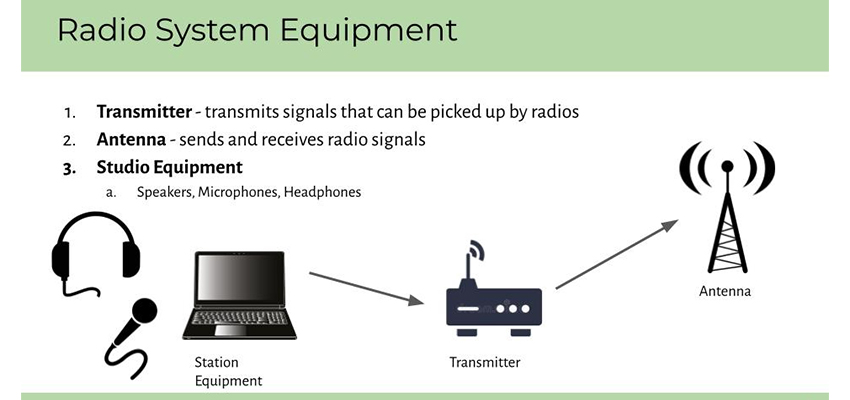
The 11-hour time difference between California, where Tiffany has been remotely attending MIT, and Uganda, where our community partners are located, has not been friendly to scheduling presentations. Consequently, Tiffany has watched the sunrise a few times over this past semester. With additional team members in Boston, Kentucky, Florida, and Rhino Camp – a refugee settlement in Northern Uganda – we have been striving to embody the Radios for Rhino project goal of connecting communities.
While the 5:00 a.m. video call meetings characterize a unique undergraduate experience during the COVID-19 era, the purpose behind them remains true to the MIT D-Lab philosophy: to have as much community leadership and input as possible on our projects. Each of our calls was essential to learning about each other's progress and measuring what our partners value as the most important.
Context
Rhino Camp, located in northwestern Uganda, is a home for Ugandan citizens and an expanding settlement for refugees, most of them South Sudanese. In 2018 and 2019, MIT D-Lab Founding Director Amy Smith, the Youth Social Advocacy Team (YSAT), and Kulika Uganda worked together to hold a Creative Capacity Building (CCB) and International Development Design Summit. Following the summit, D-Lab has continued to engage with these partners to build a local innovation ecosystem and to engage students on collaborative projects.
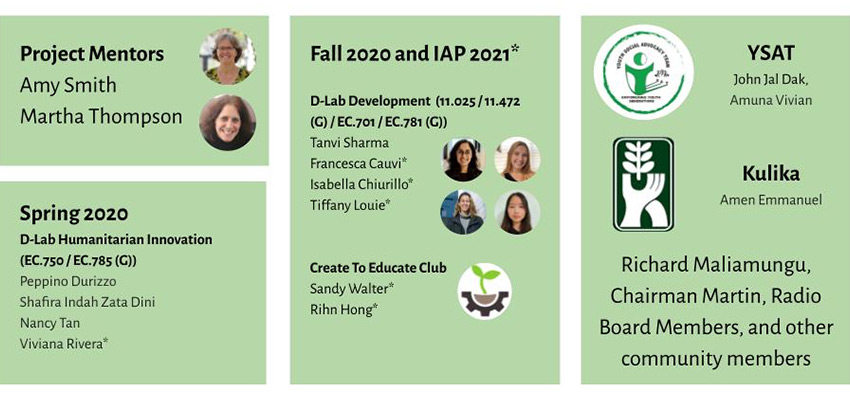
Across Classes
With a diverse community and large area, the YSAT team and Founder John Jal Dak noted that misinformation, mainly passed through word of mouth, spreads quickly. Rumors heighten tensions among the people and can even lead to violence among ethnic groups. The YSAT team also emphasized that important messages had to be broadcasted with a megaphone around camp, an ineffective way of reaching everyone who needed to hear it.
Viviana Rivera '23, Peppino Durizzo SM '20, Shafira Indah Zata Dini, and Nancy Tan began the project in the class Humanitarian Innovation. Working with YSAT and other people in Rhino Camp, they began a project to improve access to and trust in information from a reliable, central source: a community radio station. Ultimately, the Radios for Rhino project hopes to bridge gaps between communities in the camp.
As students from D-Lab: Development, we (Francesca Cauvi '21, Isabella Chiurillo '22, Tiffany Louie '24, along with MCP candidate Tanvi Sharma) learned about the D-Lab philosophy in carrying out humanitarian projects with the community. We started the class with history and the “Small is Beautiful'' philosophy. In hindsight, we reflected, many of these ideas seem like common sense. From designing appropriate technology to co-creating solutions for local problems: these simple ideas felt even more precious given our many opportunities to make change that D-Lab and MIT provide.
As part of the class, we had the opportunity to work with a community project, the bulk of which normally occurs during a trip over MIT's Independent Activities Period (IAP); however, since we did not have that option open to us, we got to learn about Ugandan culture and work extensively on our project during the semester. We discovered the wonders of Ugandan music (Eddy Kenzo is a bop) and tried to make our own Ugandan street food (we tried out some modified “Rolex” recipes, which admittedly may have been somewhat less than authentic, but were still delicious).
For the technical side of the project, we divided into two teams. The first team (Fran and Isa) focused on a preliminary solar panel design for powering the radio station, while the second team worked on designing a curriculum for an electronics Creative Capacity Building (CCB) training, where participants can learn to build their own radio. The D-Lab Humanitarian Innovation team had identified a great build-your-own radio kit, which we tried building. Since none of us had a large amount of soldering experience, we found it difficult to follow the provided manual and its sparse instructions. So, as MIT students do, we redesigned it.
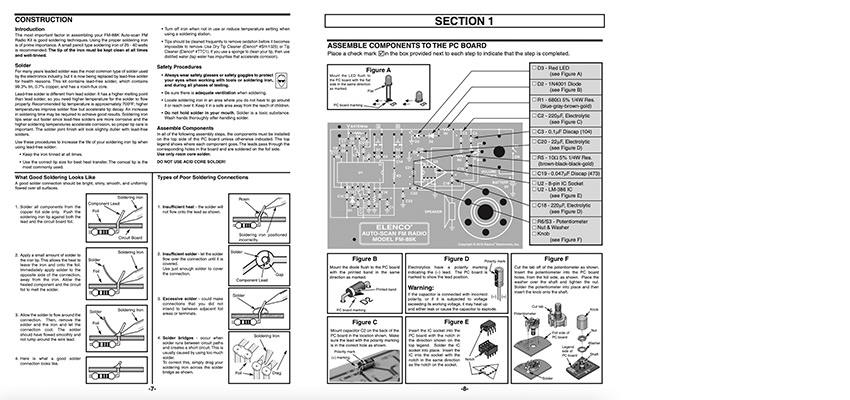
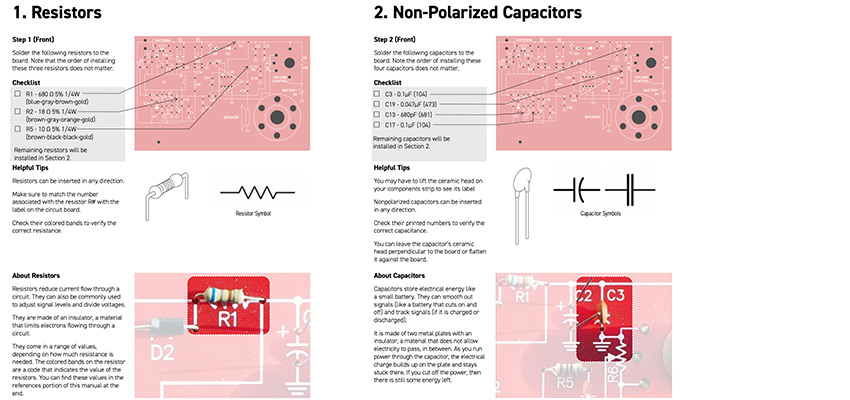
Much of our work consisted of our own research, compiling resources, and easy-to-understand explanations of basic electronics components of solar panel parts. More importantly, however, we had to put it together so our partners could understand it.
Our project during the class culminated in an interactive presentation to our partners in Rhino Camp, which revealed both how far we have gotten in our plan and how far we need to go. We finished the manual’s first draft and have a solid parts list for the solar panel, but there were many specifics we forgot to consider. YSAT leader Jal and others on the call emphasized the need to broadcast outside work hours, like 6:00 to 9:00 in the morning and 4:00 to 9:00 in the evening, and valued a training that also taught how to repair electronics, not just build them. It was just as we learned in D-Lab: Development - the most effective way of designing for a successful project is to simply ask the people what they want.
Connections
We connected to and expanded into related projects as we continued to work on this project over IAP. The Create to Educate club, led by Sandy Walter, has expanded the curriculum modules to focus on visualizing the conceptual idea of radio waves and electronics practice. Viviana Rivera, who was on the team that started the project, has continued researching past radio building projects to reference.
We are personally continuing to update the manual to make it more user-friendly after some testing on our guinea pigs and project mentors Amy and Martha, seeking out fundraising opportunities, and establishing a structure where everyone can easily contact each other.
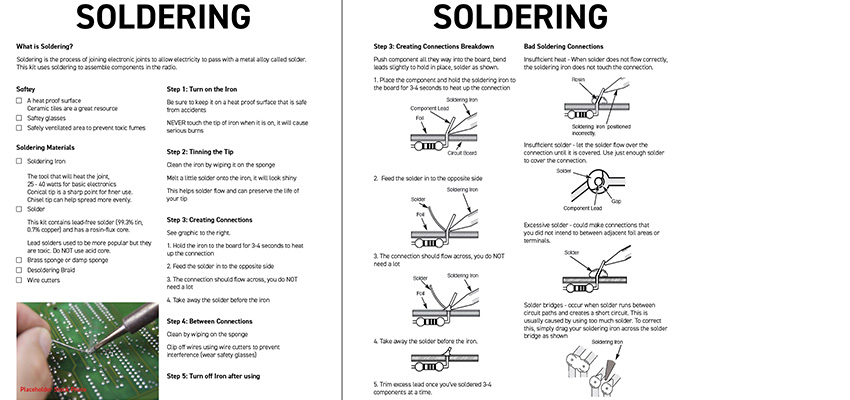
Through the D-Lab class, we have learned the value of connecting with people and seen it in action. Our project, Radios for Rhino, ultimately strives to ease communications between refugees, and it is already creating an international community as we share sunsets (or sunrises), ideas, and information during our calls.
More information
MIT D-Lab Humanitarian Innovation Program
D-Lab Humanitarian Innovation (MIT Class)

